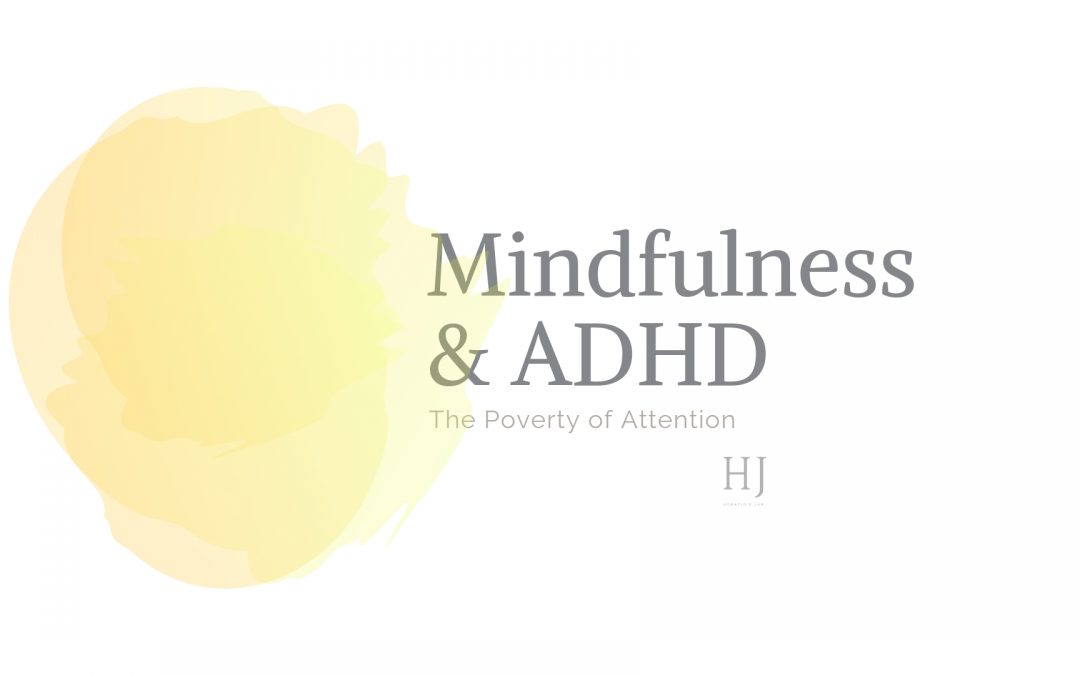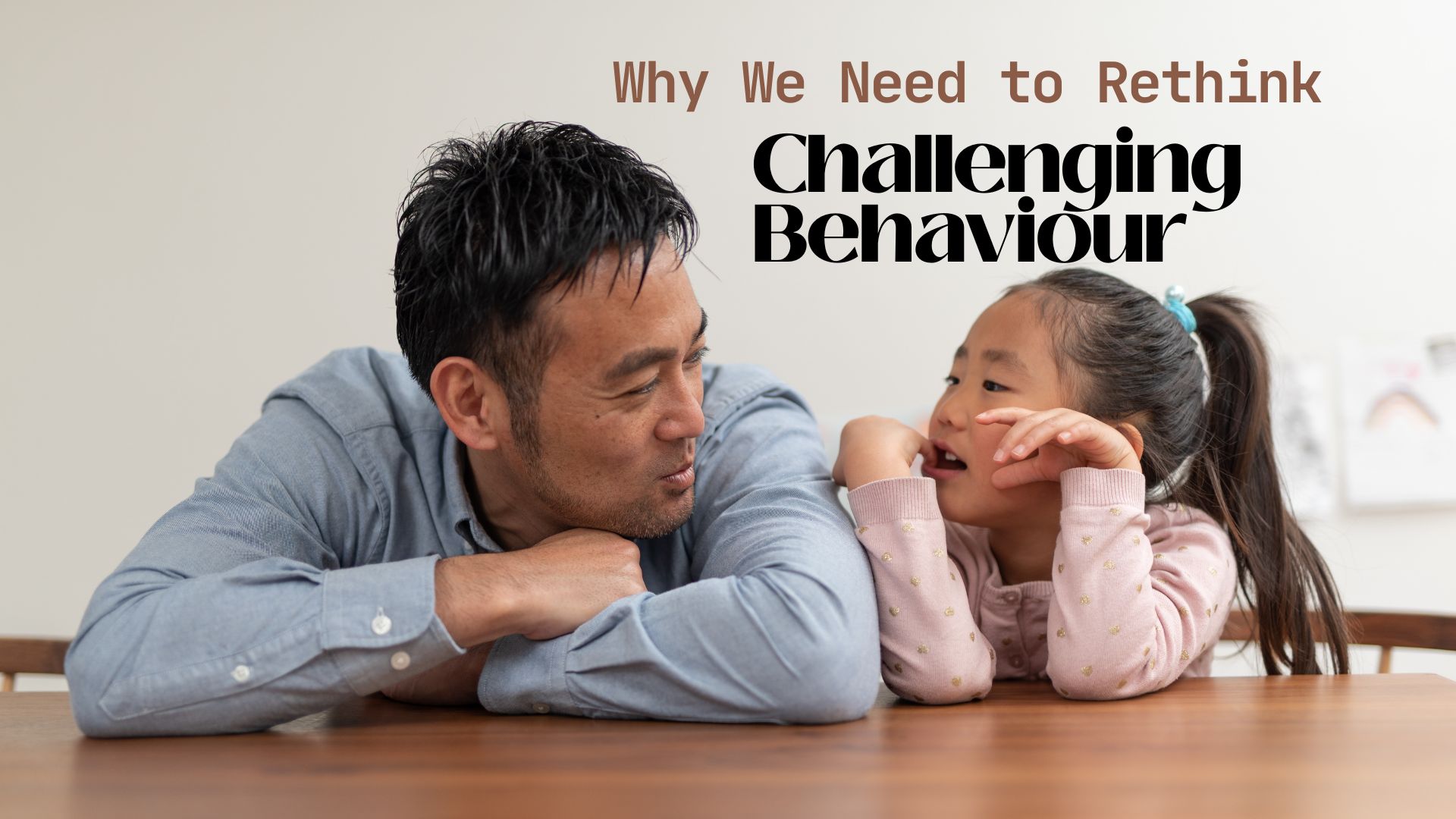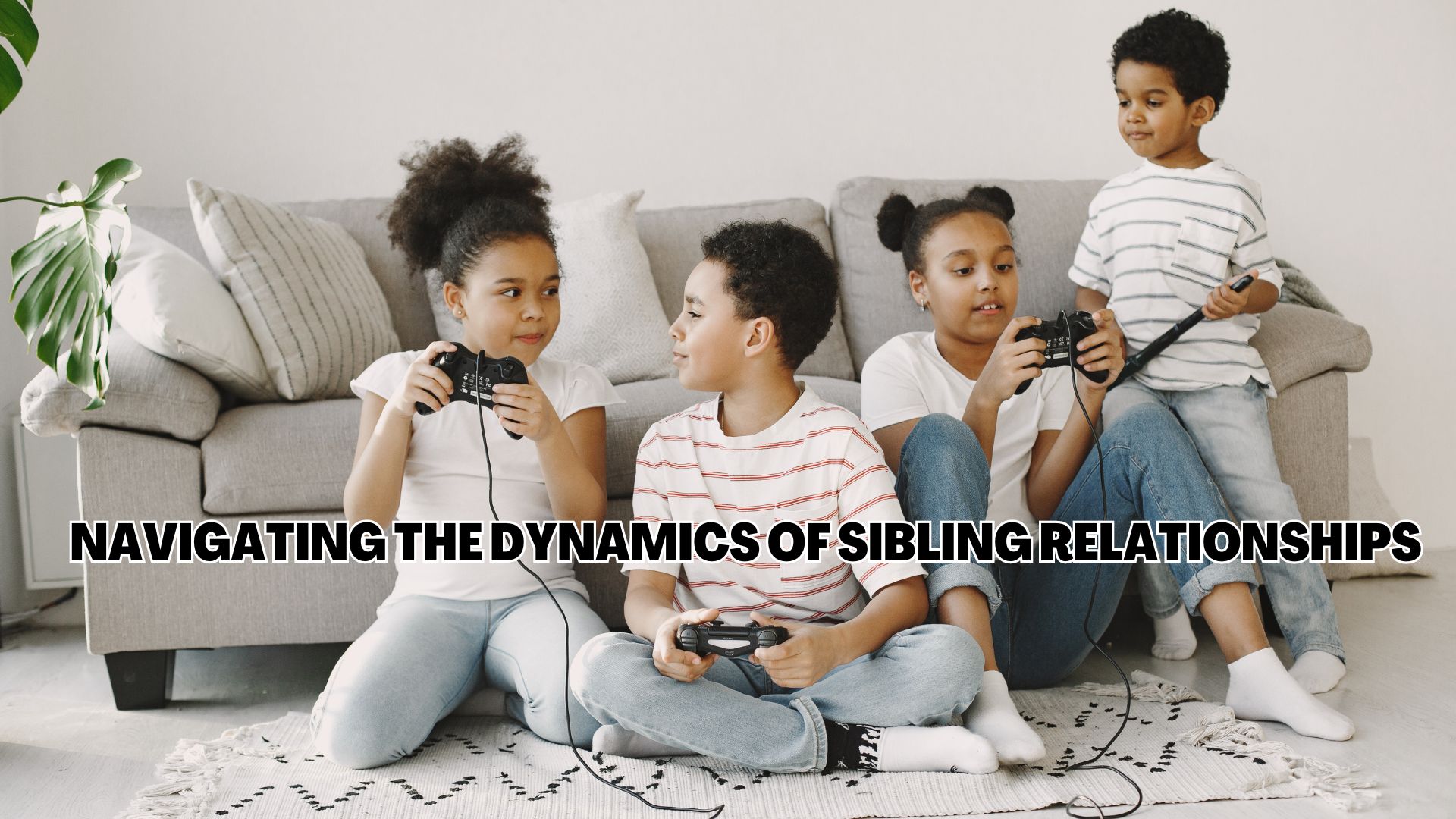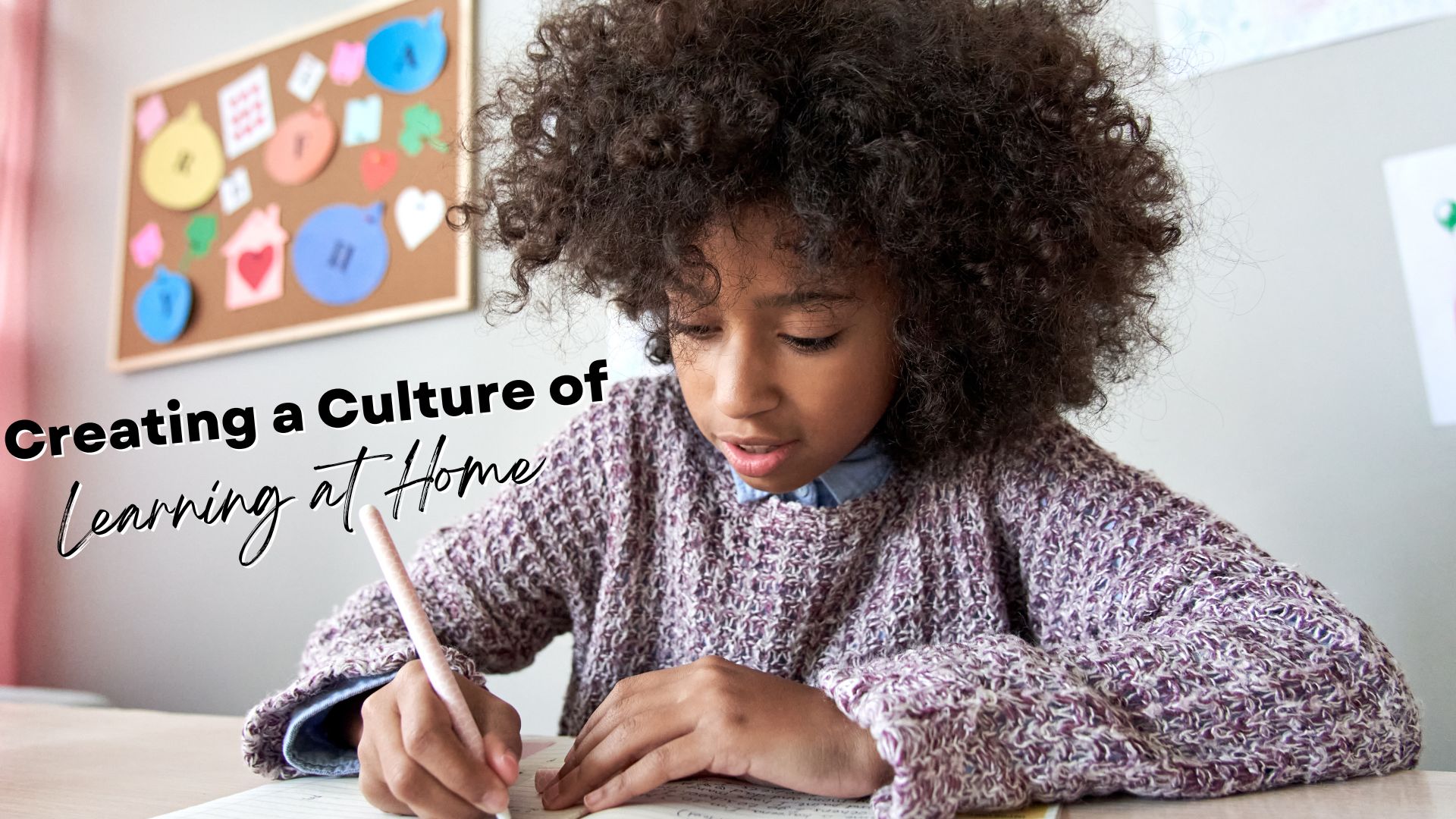Latest From Upschool
- Why We Need to Rethink Challenging Behaviour
- Navigating the Dynamics of Sibling Relationships
- Creating a Culture of Learning at Home
- Creative and Easy DIY Projects for Parents and Children
- Tips for Working Parents
- Review Educational Apps, Games, and Other Tech Tools for Kids
- Interpreting Teacher Feedback
- The Role of Play in Early Childhood Development
-
-
No videos yet!
Click on "Watch later" to put videos here
- View all videos
-
-
-
Don't miss new videos
Sign in to see updates from your favourite channels
-

Mindfulness in the mainstream.
Since founded in 1979 by Jon Kabat - Zinn, Mindfulness or MBSR (mindfulness-based stress reduction) has been used the world over in hospitals, corporations, the military and schools as a form of brain training, stress reduction and cognitive boost. There are over 600 published studies verifying mindfulness meditations effectiveness in reducing stress, building mental resilience, improving cognition and helping the body to repair itself.The Doctor who used mindfulness instead of medication .
Dr Chris van Tulleken takes over part of a GP surgery and stops patients' prescription pills. This time, his focus is on children on medication and taking them off drugs. (English, SBS) https://www.sbs.com.au/ondemand/video/1355999811597/the-doctor-who-took-kids-off-drugs-the-doctor-who-took-kids-off-drugs-series-1-ep-1 Dr Chris van Tulleken CREDIT: BBC
Dr Chris van Tulleken CREDIT: BBC
Because of the effectiveness mindfulness has in developing self-awareness, emotional self-regulation, cognition and concentration it has application in the treatment of cognitive disorders like ADHD in children have been adopted and explored by clinicians and psychologist as an alternative to medication.
ADHD or Attention Deficit Hyperactivity Disorder is a neurobiological impairment and not a product of bad parenting. ADHD affects people in different ways and the symptoms and severity can differ. People that have ADHD can have difficulty with planning, being motivated, regulating behaviour and emotions, sitting still, paying attention, memory, and making friends.
Not everyone with ADHD appears to be over-energetic, some people have problems with motivation, making decisions or remembering what to do next and can be labelled as lazy when they are not.
Other Traits Of ADHD- Being sensitive to sounds and lights
- Touch sensitive
- Inability to express emotions
- Impulsive relationships
- Intense emotional fluctuations
- Anxiety
- Indecision
- Low motivation
Seeing things as they really are
Mindfulness is a style of mediation derived from Tibetan Buddhist practices of Vipassana, (which means to see things as they really are). A lot of what we experience is filtered through the lens of our own emotions, expectations, awareness and cognitive bias.
Mindfulness style meditation helps to separate our attachments to thoughts, feelings and emotions and help us to look upon the world in a more objective way. It gives us greater clarity which means we have a more positive outlook and the skill to navigate our attention and our choices.
Mindfulness helps us to maintain concentration so we then recognise when our mind is wandering off. We also can then observe the fluctuation of negative thoughts and feelings without bias and through effort retrain the mind to be more positive. Practising mindfulness daily has been proven to increase working memory which means information is stored in long-term memory which helps students to perform better in exams, cope with stress and perform tasks that require prolonged attention. Guest Contributor: Emily Rack Business Name: Horatio’s Jar Publisher: Digital Schools Emily Rack is a yoga teacher, meditation instructor and freelance writer. She runs yoga and meditation classes, courses and workshops in schools and the wider community & is passionate about teaching the art of mindfulness ——- PUBLISHER’S DISCLAIMER: The publisher of this blog post (Digital Schools PTY LTD) works in partnership with the school as a 3rd party provider to help build and maintain the school website. Digital Schools sources a range of experts who provide products and/or services to educational institutions and we work with them to produce and publish topical information in the form of blog posts that we think may be relevant, interesting or topical to families within the community. The views, opinions and content listed in this blog post are that of the guest contributor and/or publisher (Digital Schools). It should be noted that whilst the publisher and guest contributors are acting with the best intentions and in the best interests of the school and their community to provide helpful or interesting information, sometimes the content may not necessarily reflect the views of the school. The information in this blog post is not meant to be used, nor should it be used, to diagnose or treat any medical condition. For diagnosis or treatment of any medical problem, consult your own physician. The school and the publisher of this blog post are not responsible for any person reading or following the information in this article who may experience adverse effects. Any references to external websites or sources are provided for informational purposes only and do not constitute endorsement by the school or publisher in any way and the publisher and/or school cannot guarantee accuracy of information listed. If you have feedback on any content on this platform, you can submit it to the publisher using the feedback link provided at the bottom of this page.



